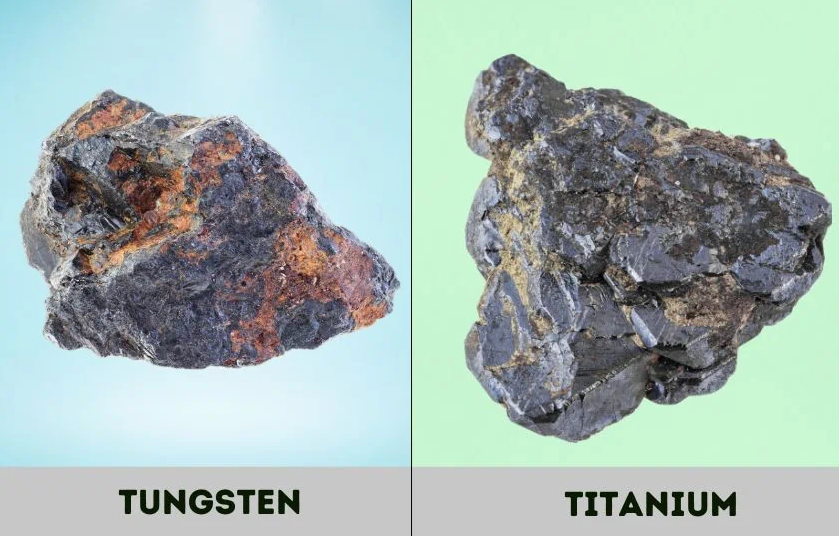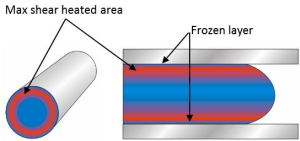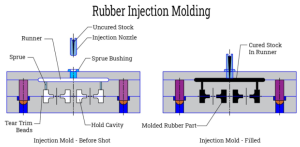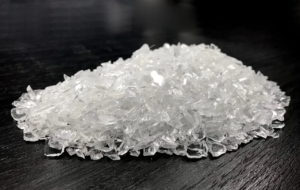Titanium and tungsten are two critical metals in various high-performance engineering applications. They each possess unique physical and chemical properties that make them invaluable in specific industrial contexts. This article provides an in-depth exploration of the properties, applications, and importance of titanium and tungsten in modern industry.
1. Titanium
Physical and Chemical Properties:
Titanium, represented by the symbol Ti, is a transition metal with atomic number 22. It is renowned for its exceptional strength-to-weight ratio, making it one of the strongest metals relative to its weight. Titanium has a density of approximately 4.5 g/cm³, which is significantly lower than that of steel, yet it offers comparable strength. This low density combined with high tensile strength makes titanium an ideal material for applications where weight reduction is crucial.
Titanium exhibits excellent corrosion resistance due to the formation of a stable oxide layer (TiO₂) on its surface when exposed to air. This passive oxide layer protects the metal from further oxidation and corrosion, especially in harsh environments like seawater and acidic media. Additionally, titanium is non-toxic and biocompatible, making it suitable for medical implants and devices.
Applications:
- Aerospace Industry: Titanium’s combination of high strength, low density, and corrosion resistance makes it ideal for aerospace components, including airframe structures, engine parts, and landing gear.
- Chemical Processing: The corrosion resistance of titanium is highly valued in the chemical industry, where it is used for reactors, heat exchangers, and piping systems handling corrosive substances.
- Biomedical Applications: Due to its biocompatibility, titanium is commonly used in medical implants such as bone screws, joint replacements, and dental implants. Its ability to bond well with bone tissue enhances its effectiveness in these applications.
- Marine Engineering: Titanium’s resistance to seawater corrosion makes it a preferred material for components in submarines, ships, and offshore structures.

Choose us for your custom injection molding needs and experience excellence in every detail. Our China-based factory provides innovative solutions, competitive pricing, and fast turnaround times. Get your custom quote now!
2. Tungsten
Physical and Chemical Properties:
Tungsten, symbolized as W, has an atomic number of 74. It is known for its extremely high density (19.3 g/cm³) and the highest melting point of all metals, around 3422°C. Tungsten’s extraordinary melting point and high density are critical factors in applications requiring materials that can withstand extreme temperatures and high levels of mechanical stress.
Tungsten’s chemical stability is also noteworthy. It does not oxidize easily at room temperature, although it forms a protective oxide layer (WO₃) at elevated temperatures, which helps resist further oxidation. Tungsten is also exceptionally hard, ranking high on the Mohs scale, and has excellent thermal and electrical conductivity.
Applications:
- High-Temperature Applications: Tungsten’s ability to maintain its strength and resist creep at extremely high temperatures makes it ideal for use in high-temperature furnace components, aerospace heat shields, and electrical contacts.
- Electronics and Electrical Engineering: Tungsten is widely used in the electronics industry for filaments in incandescent light bulbs, X-ray tubes, and electrodes due to its high melting point and good electron emission properties.
- Cemented Carbides: Tungsten carbide (WC), produced by combining tungsten with carbon, is one of the hardest materials available and is used extensively in cutting tools, drill bits, and wear-resistant parts.
- Defense and Military Applications: Due to its high density and strength, tungsten is used in the production of kinetic energy penetrators, armor-piercing ammunition, and radiation shielding in nuclear reactors.
3. Comparative Analysis of Titanium and Tungsten
Strength and Weight: Titanium has a high strength-to-weight ratio, making it ideal for lightweight structures that require high strength. In contrast, tungsten, while possessing superior strength, is much denser and heavier, making it more suitable for applications where weight is less of a concern but where material strength and density are crucial.
Corrosion Resistance: Titanium significantly outperforms tungsten in corrosion resistance, especially in wet and marine environments. Tungsten’s susceptibility to oxidation at high temperatures also limits its use in corrosive environments, whereas titanium’s stable oxide layer makes it highly resistant to such conditions.
Thermal Properties: Tungsten is unmatched in its ability to withstand extreme temperatures without losing strength, making it indispensable for high-temperature applications. Titanium, while also capable of withstanding elevated temperatures, cannot compete with tungsten’s performance in ultra-high-temperature environments.
Biocompatibility: Titanium is the preferred material for biomedical applications due to its biocompatibility and the ability to integrate with human bone tissue. Tungsten, on the other hand, is not suitable for such applications because it lacks these biocompatible properties.
4. Conclusion
Titanium and tungsten are both indispensable metals in modern engineering, each excelling in different domains due to their unique properties. Titanium’s lightweight, high strength, and corrosion resistance make it a crucial material in aerospace, biomedical, and marine engineering. Conversely, tungsten’s extraordinary density, high melting point, and hardness render it vital in applications involving extreme temperatures, wear resistance, and defense. Engineers and materials scientists must carefully consider these properties when selecting materials for specific industrial applications, ensuring that the chosen metal meets the performance criteria required by the application.





